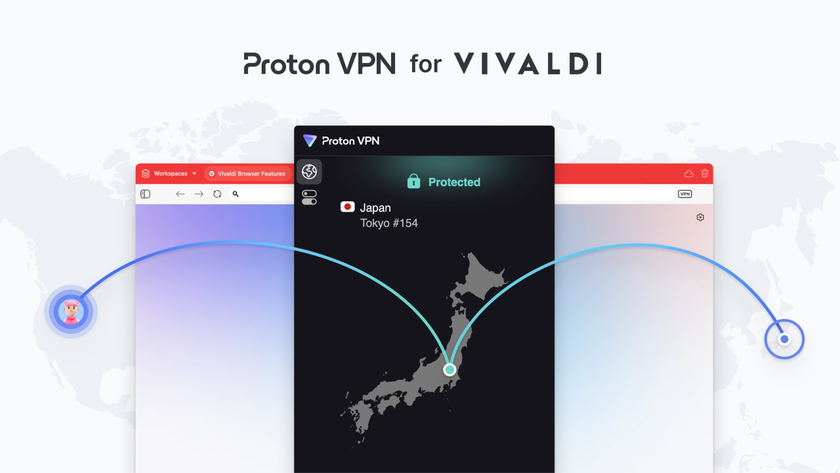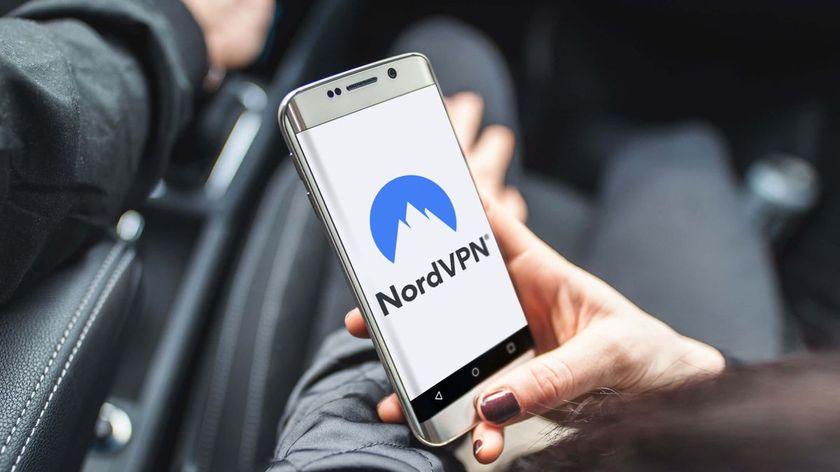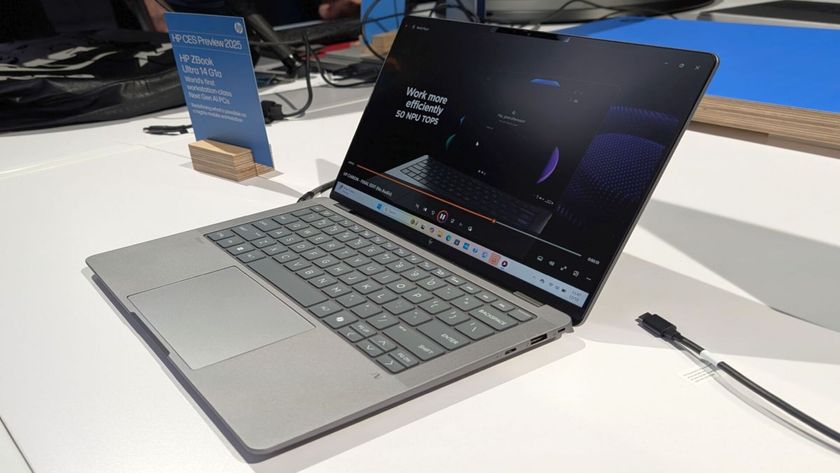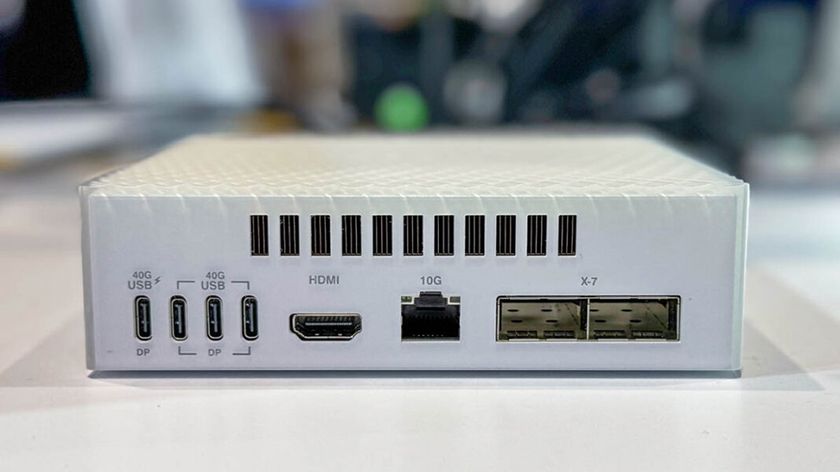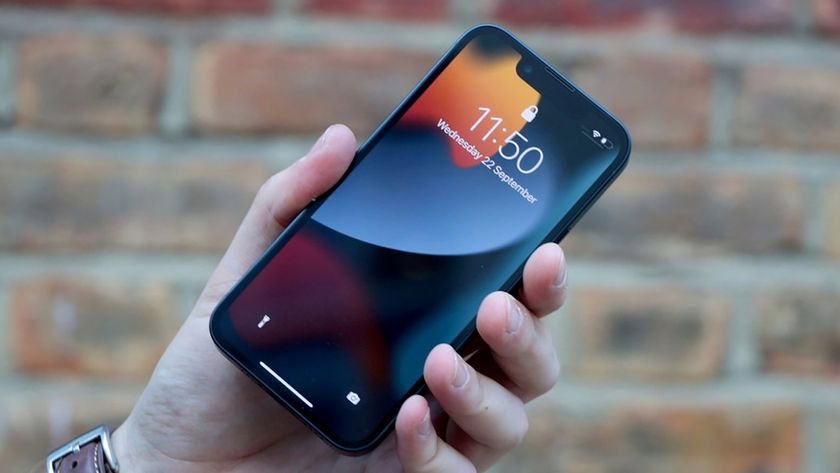As it turns out, VPN users aren't really that bothered about transparency
VPN fanatics are far more concerned about privacy and security
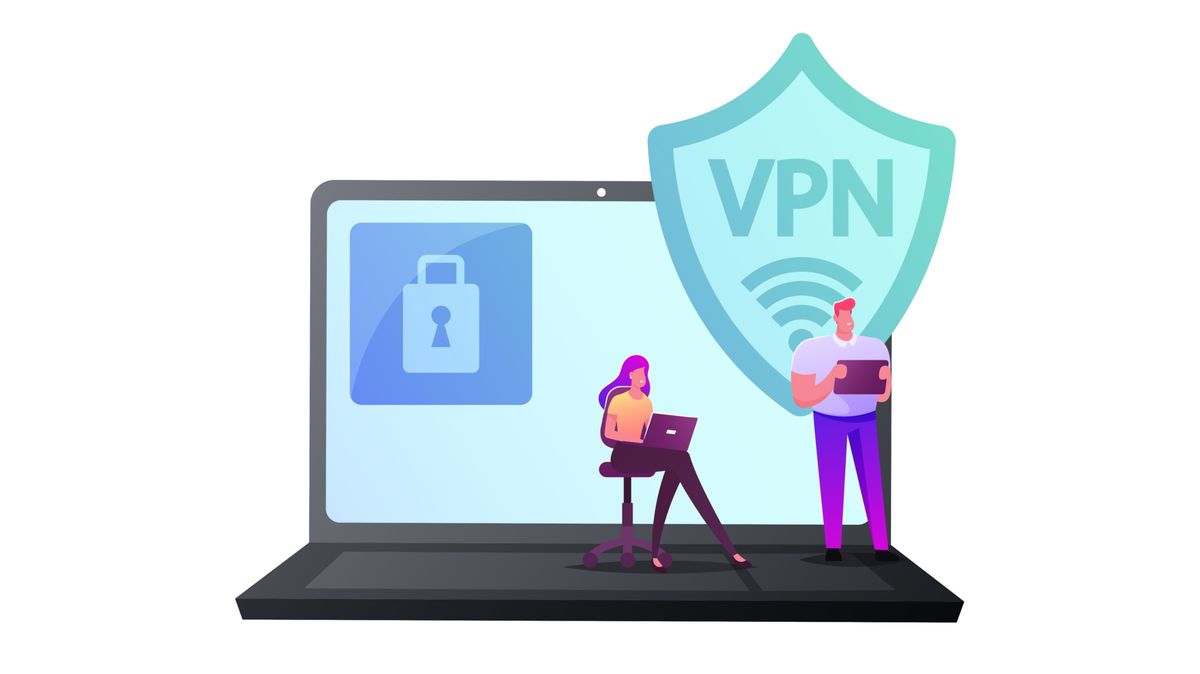
Over the years, there have been a number of scandals involving VPN companies found to store more information about their users than they claimed. More often than not, these incidents involve free VPN services.
In a bid to prove their credentials and verify the claims made in their privacy policies, some VPN providers go so far as to commission independent audits. ExpressVPN and NordVPN, for example, both recently brought in consultancy PwC to perform no-logs audits.
However, data collected by TechRadar Pro appears to suggest VPN users care far less about transparency than vendors might think.
- Here's our list of the best Windows 10 VPN services around
- Check out our list of the best Android VPN apps right now
- We've built a list of the best iPhone VPN services available
VPN priorities
Asked what they consider to be the most important VPN feature, a mere 8.7% of readers cited transparency as their number one concern. Far more important, in the eyes of respondents, are security (36.5%) and privacy (44.3%).
Of course, all three qualities are closely intertwined. After all, if a provider isn’t entirely transparent about its data collection practices or level of encryption, both security and privacy will be compromised by extension.
But it is notable that such a large proportion of users are willing to take providers at their word.
The rise of the VPN
The survey of our readership also revealed the vast range of different reasons users turn to VPN services. Some rely on VPNs to preserve their security when using public Wi-Fi, others to access geo-restricted content, bypass internet censorship and keep their browsing and download history private.
Are you a pro? Subscribe to our newsletter
Sign up to the TechRadar Pro newsletter to get all the top news, opinion, features and guidance your business needs to succeed!
The remote working explosion has also contributed significantly to the meteoric rise of the VPN, with a large number of respondents required to use a business VPN to access corporate materials and services from home.
Others, meanwhile, refrain from using a VPN due to a drop in internet speed, or are entirely unconcerned about protecting their online activity from prying eyes.
In terms of the most popular providers among our readers, ExpressVPN (31.75%) and NordVPN (30.16%) are neck-and-neck, followed by Surfshark (12.70%).
The data was collected throughout November via surveys carried out on the site, Twitter and Facebook, with more than 400 respondents.
If you’re looking for a new VPN service, here are a few leading options:
- Here's our list of the best proxy service right now

Joel Khalili is the News and Features Editor at TechRadar Pro, covering cybersecurity, data privacy, cloud, AI, blockchain, internet infrastructure, 5G, data storage and computing. He's responsible for curating our news content, as well as commissioning and producing features on the technologies that are transforming the way the world does business.
